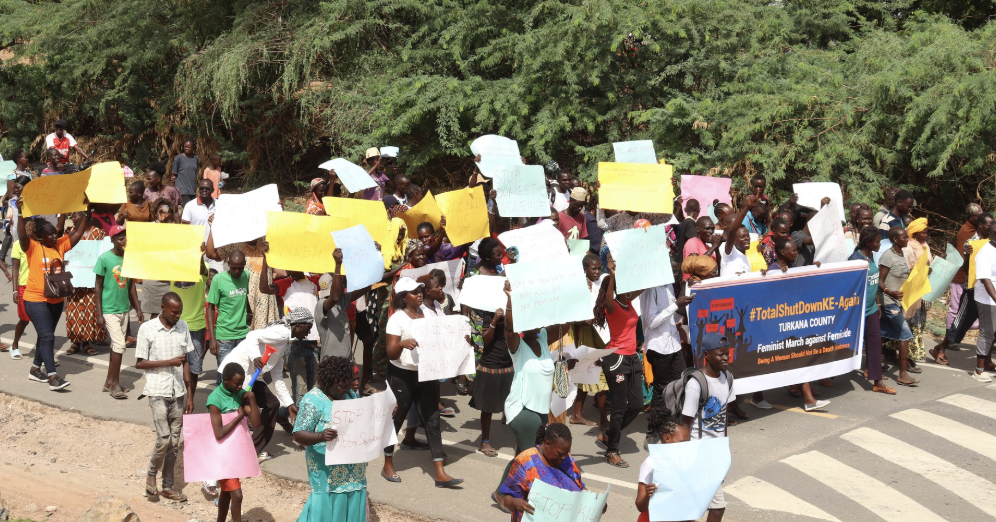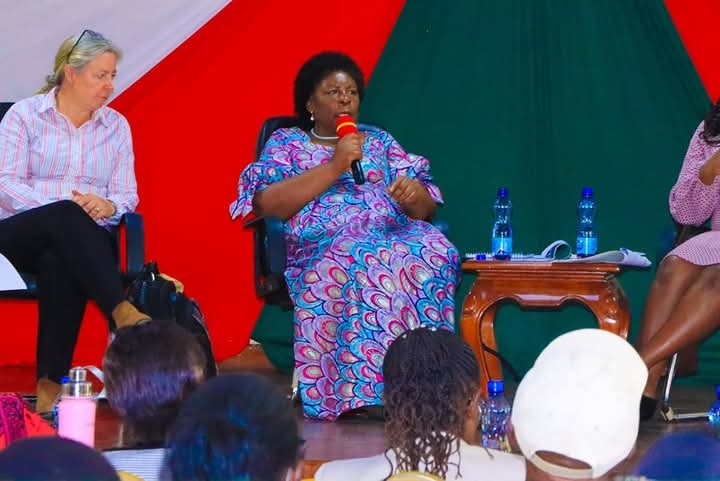
The Ministry of Gender has attributed slow response on gender-based violence cases to low funding.
Director of planning Isaiah Byegon says while some progress has been realised, commitment of funding has never been honoured.
He spoke during a gender equality event in Nairobi last week.
For example, while the government committed to investing $23 million (Sh2.97 billion) in GBV interventions by 2022, not much has happened.
Data shows in the financial year 2021-22, the government allocated only Sh129 million, a far cry from the (Sh2.97 billion) pledged.
However, In the financial year 2023-24, the FGM Board received Sh245 million, an increase from Sh102 million it got in the fiscal year 2022-23.
Byegon says through bilateral cooperation, the country received Sh760 million from Finland to fight GBV.
The FGM board also received Sh23 million and Sh21.3 million from UN Women and UNFA.
However, activists complain the sums are drops in the ocean relative to the commitments the government has made, and also shows lack of prioritisation.
Currently, the government is in the process of ratifying and implementing the ILO convention 190 on eliminating gender-based violence and harassment at work by 2026.
“Through the multiagency framework, this process is at an advanced stage. It is being led by the ministries of labour and foreign affairs,” Byegon says.
While the government managed to intergrate GBV information in the demographic survey for planning and policy formulation, it has failed to develop a GBV management and information system.
The system was due by 2022 to strengthen GBV prevention and response programming.
“The target has lagged a bit. Needs jumpstarting,” it said.
Activists say while the government does lip service to the fight against gender-based violence and femicide, lives remain at stake and the culture of violence and abuse festers on.
GBV is a severe issue. Statistics show at least 678 women and girls were murdered by intimate partners from 2016 to 2024.
In fact, according to a 2022 national survey, about a third of all women aged 15 to 49 have experienced physical violence since age 15, and 13 per cent have experienced sexual violence at some point.
Mary Wanjiru, team lead of the Ending Violence Against Women and Girls Unit at UN Women Kenya, says violence against women stems from a deep-rooted imbalance in the society that elevates men above women in social and cultural norms.
This harsh reality fuels a scourge of violence against women that goes far beyond the alarming wave of femicide, rooted deeply in cultural norms that elevate men above women, she said.
“Gender inequality in Kenya is embedded in a culture that normalises treating women as inferior—from the home to schools, public spaces, workplaces, and even within marriage. We must rise as a country to change this,” she urged.




![[PHOTOS] Ruto inspects his Naivasha farm](/_next/image?url=https%3A%2F%2Fcdn.radioafrica.digital%2Fimage%2F2025%2F06%2F72a14e8a-a040-48e1-87b3-597dbca6d7c6.jpeg&w=3840&q=100)








